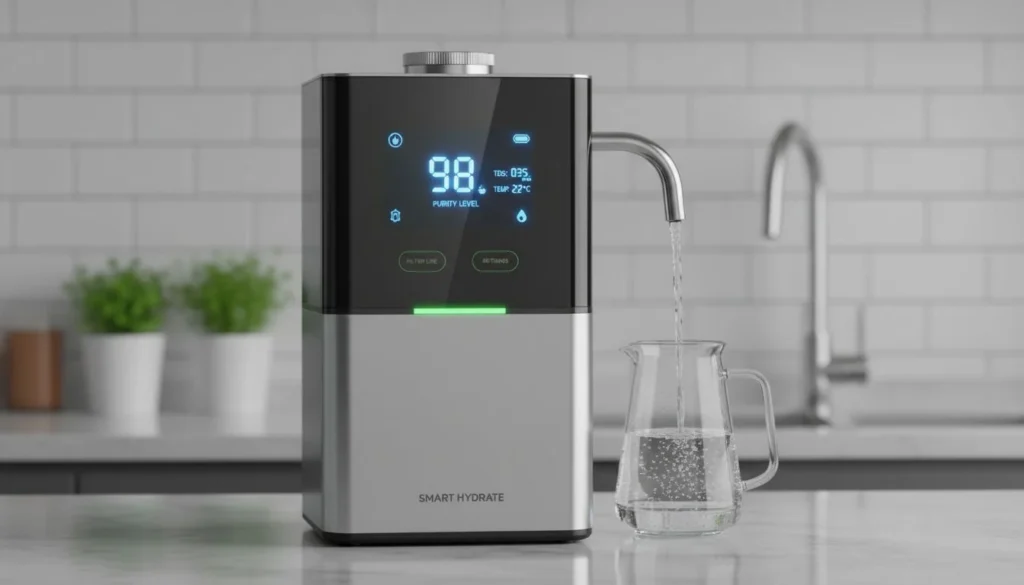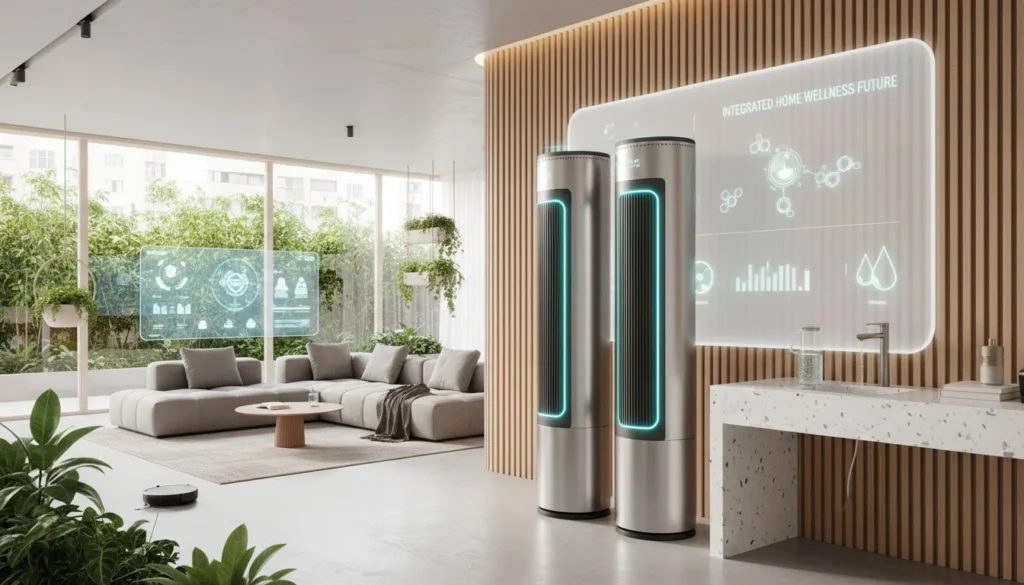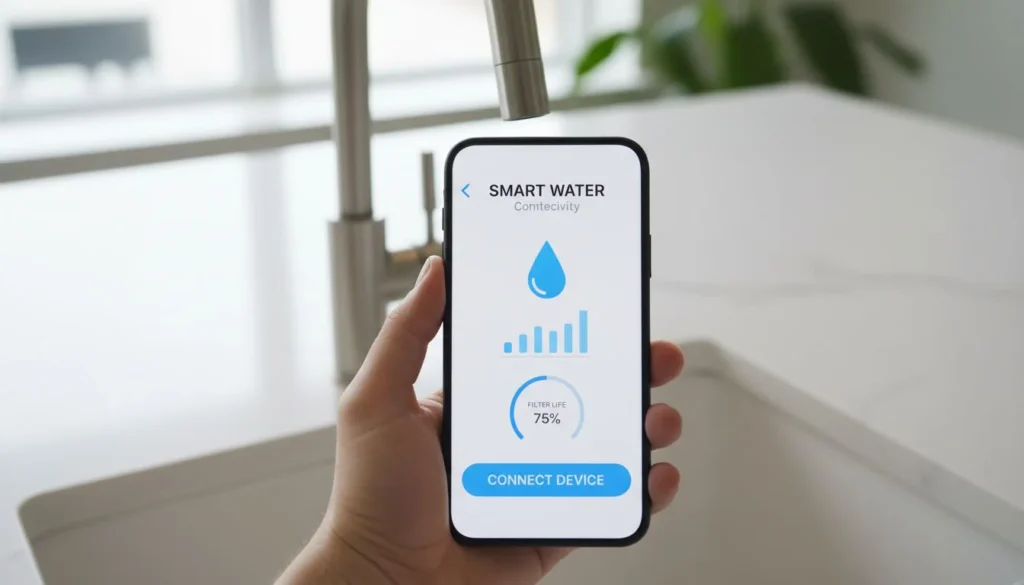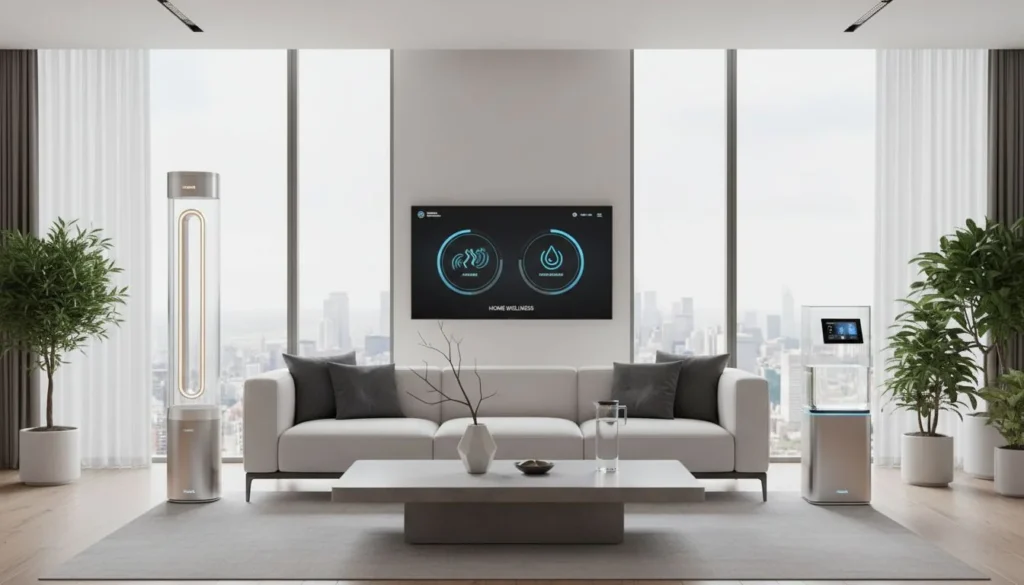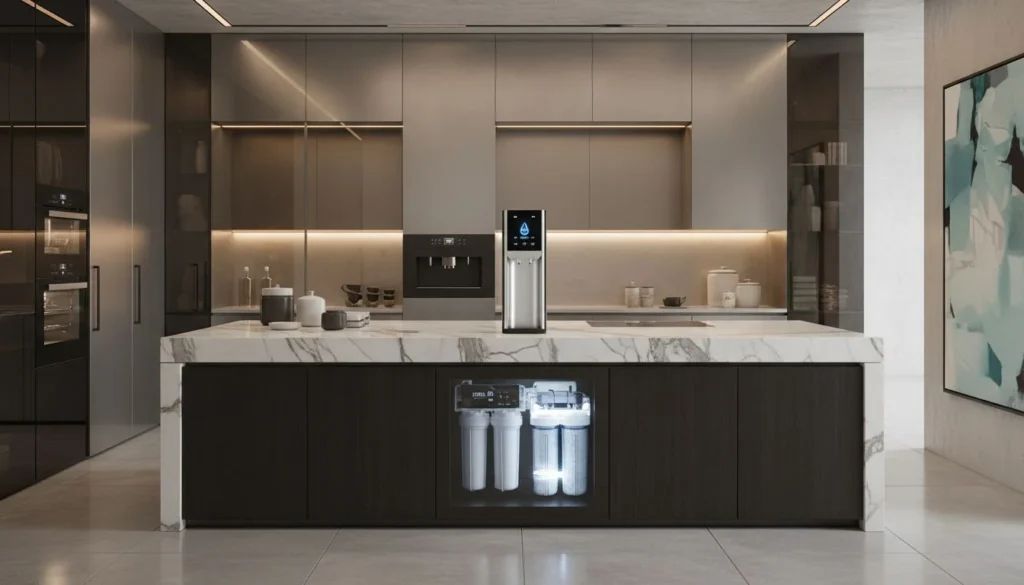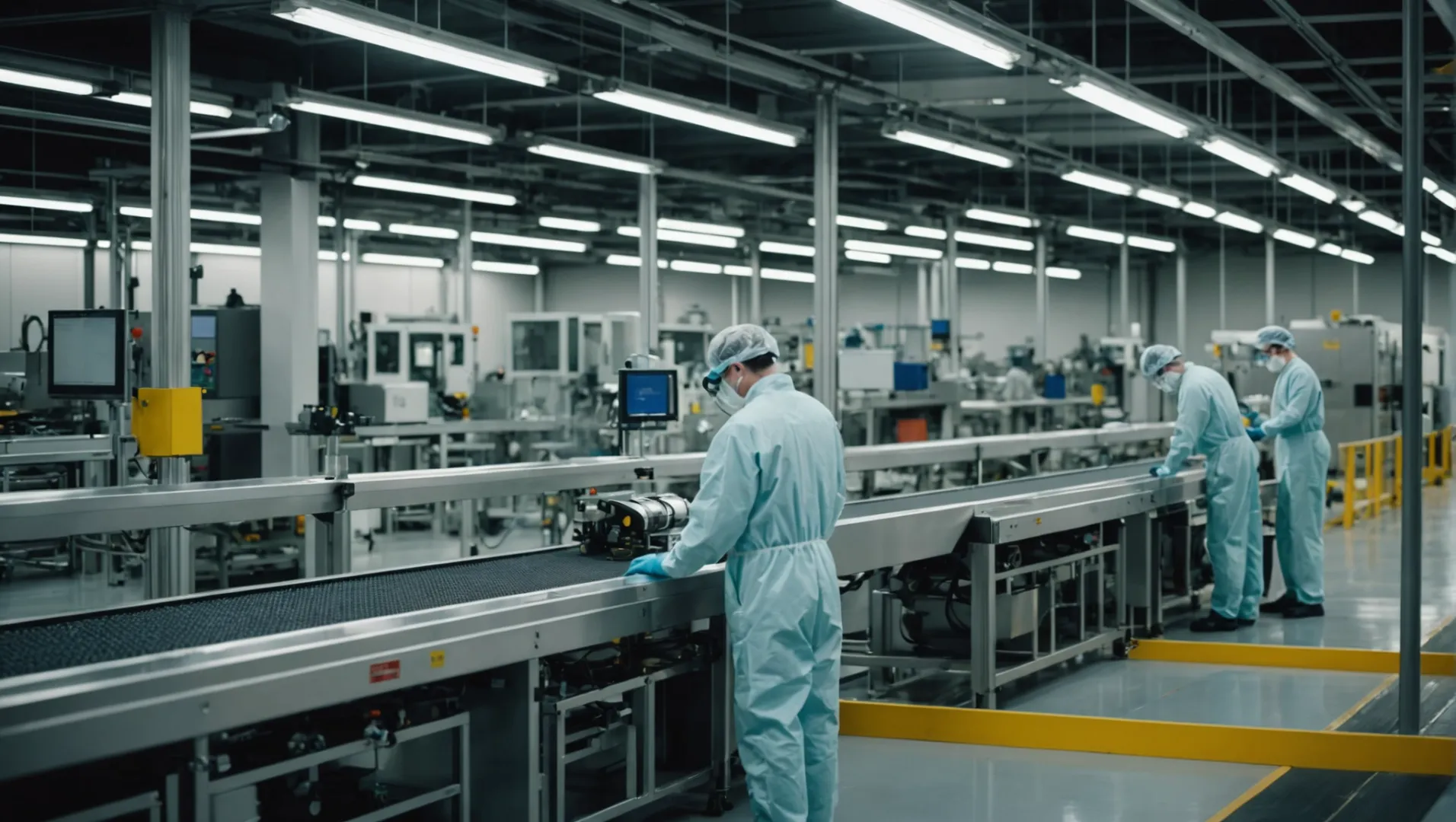
Imagine walking into a hospital where every breath you take feels like a step towards safety. That’s the power of HEPA filters!
HEPA filter manufacturing is vital for OEMs due to its role in ensuring air quality, safety standards compliance, and the ability to customize filters for specific applications. These filters capture harmful particles, making them indispensable in critical environments.
But beyond their well-known efficiency lies a world of manufacturing intricacies. Join me as we dive deeper into the technologies and customization options that set these filters apart.
HEPA filters capture 99.97% of particles 0.3 microns or larger.True
This efficiency is a standard for HEPA filters, ensuring high air quality.
How Do HEPA Filters Ensure Compliance with Health Regulations?
HEPA filters play a crucial role in meeting stringent health regulations, providing a clean and safe environment across various industries.
HEPA filters comply with health regulations by capturing at least 99.97% of airborne particles that are 0.3 microns in diameter, thus ensuring clean air quality. This capability makes them essential for environments requiring strict air purity standards, such as hospitals and laboratories.
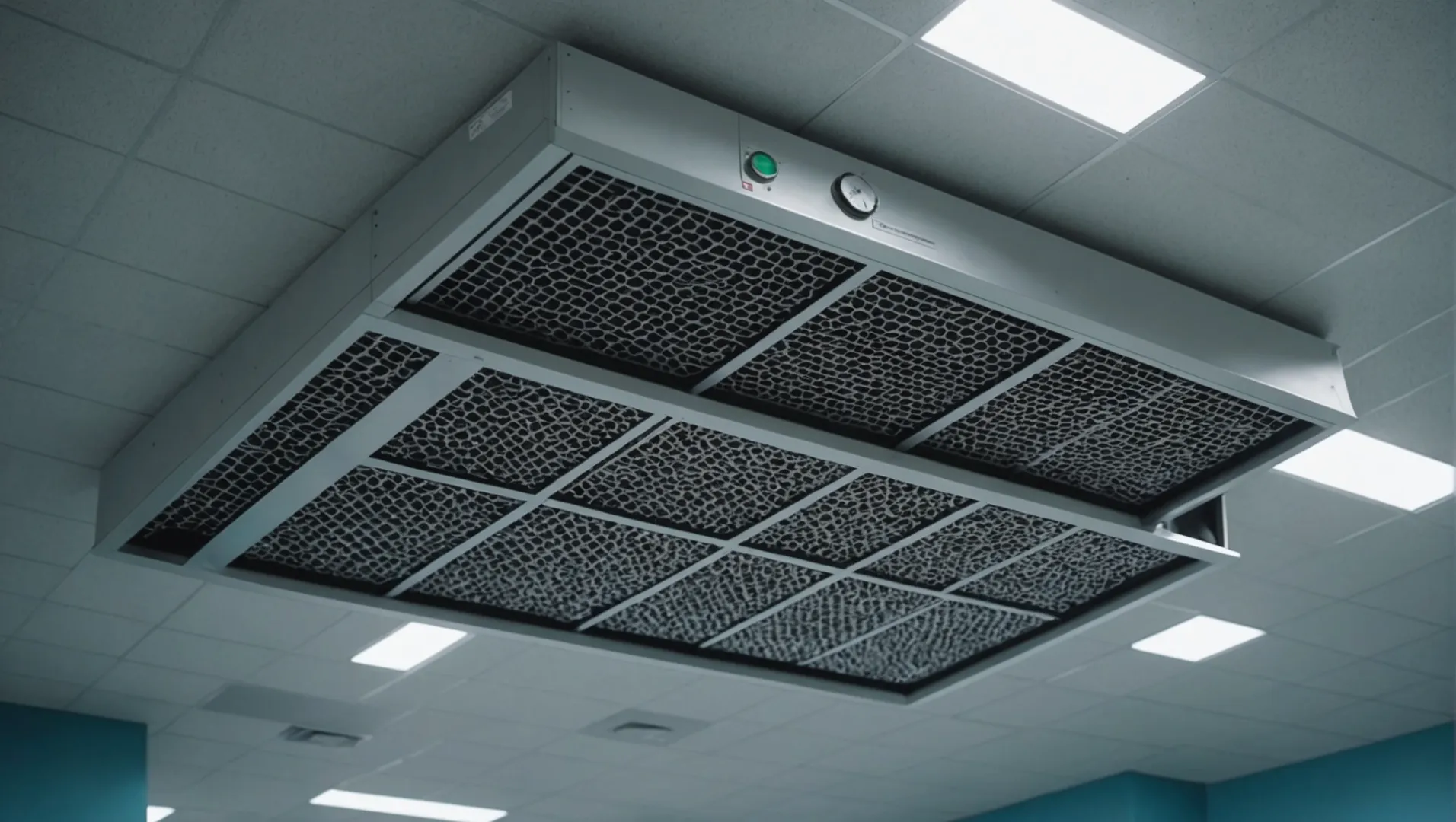
Understanding HEPA Standards and Regulations
HEPA filters must meet rigorous standards to ensure they are effective in protecting health and safety. The efficiency of HEPA filters in capturing microscopic particles is a key factor that helps them adhere to stringent regulations set by authorities like the U.S. Environmental Protection Agency (EPA) and the World Health Organization (WHO). To comply, these filters must demonstrate the ability to trap 99.97% of airborne particles as small as 0.3 microns. This specification is critical in environments such as hospitals where airborne pathogens must be minimized.
Role of HEPA Filters in Critical Environments
In sectors like healthcare and pharmaceuticals, where maintaining a sterile environment is crucial, HEPA filters are essential components of HVAC systems. They ensure that the air is free from contaminants that could compromise patient safety or product integrity. For example, in operating rooms and cleanrooms, HEPA filters help maintain an environment that meets strict cleanliness standards by filtering out potentially harmful particles.
Customization for Specific Regulatory Needs
Customization of HEPA filters allows for compliance with specific regulations across different applications. Manufacturers like HisoAir offer customized HEPA solutions1 to meet unique requirements of OEMs, ensuring that each filter fits the regulatory demands of its intended environment. This includes designing filters with microbial use capabilities or integrating sustainable materials like recycled coffee dust.
Innovative Materials and Technologies
Advancements in HEPA filter materials and technologies contribute significantly to compliance with health regulations. High-efficiency media materials reduce airflow resistance while maintaining filtration effectiveness, allowing for better performance without compromising energy efficiency. Some manufacturers are now incorporating antimicrobial coatings that help prevent the growth of bacteria on the filter surface, further enhancing the safety standards these filters can provide.
By understanding these aspects, OEMs can choose HEPA filters that not only comply with current health regulations but also adapt to future changes and technological advancements.
HEPA filters capture 99.97% of 0.3-micron particles.True
HEPA filters are designed to trap at least 99.97% of airborne particles as small as 0.3 microns.
HEPA filters are not used in hospitals.False
HEPA filters are essential in hospitals for maintaining sterile environments by filtering out harmful particles.
What Customization Options Are Available for OEM HEPA Filters?
OEMs have unique needs that demand tailored solutions, especially when it comes to HEPA filters. Discover the customizable options available for OEM HEPA filters.
OEM HEPA filters offer extensive customization in design, materials, efficiency, and application-specific features, catering to diverse industrial needs.
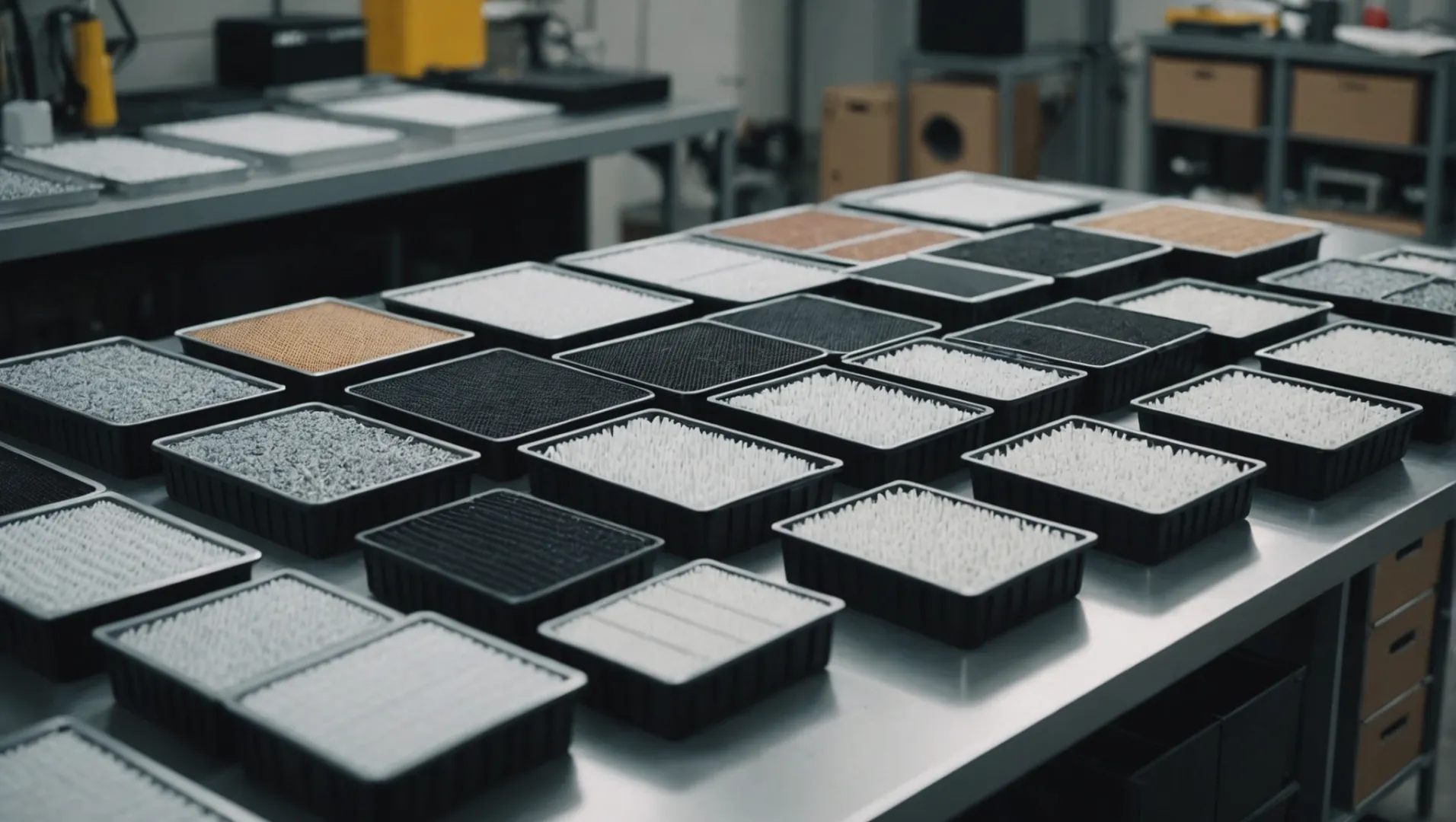
Tailoring Design for Diverse Applications
OEMs can customize the design2 of HEPA filters to fit specific applications, whether for residential air purifiers, HVAC systems, or industrial equipment. This customization includes adjusting the filter's size, shape, and frame material to ensure compatibility with the end-use environment.
| Design Element | Customization Options |
|---|---|
| Size & Shape | Rectangular, circular, or custom dimensions |
| Frame Material | Aluminum, plastic, galvanized steel |
| Sealants & Gaskets | Foam, rubber, silicone |
Material Selection for Enhanced Performance
Manufacturers provide options for customizing the materials3 used in the HEPA media. This includes high-efficiency materials that offer low resistance and increased particle capture rates. Some innovative choices include integrating recycled coffee dust into the media, offering sustainable solutions that replace traditional activated carbon.
Advanced Features for Specialized Uses
For OEMs requiring specialized applications, like medical or industrial settings, HEPA filters can be enhanced with microbial coatings or other technology-driven features. These innovations help in capturing and neutralizing harmful pathogens, ensuring compliance with stringent health and safety standards.
- Microbial Coatings: Inhibit bacteria and viruses on the filter surface.
- Antimicrobial Media: Embedded with agents that kill or deactivate microbes.
Efficiency and Resistance Balancing
Customizing the balance between filter efficiency and airflow resistance is crucial for optimizing performance in different settings. This balance ensures that while maximum filtration is achieved, energy consumption remains manageable.
Explore more on efficiency and resistance4 balancing to understand how these factors affect filter performance across various industries.
OEM HEPA filters can be customized for specific applications.True
OEMs can adjust size, shape, and materials to fit unique needs.
HEPA filters cannot include antimicrobial features.False
HEPA filters can have antimicrobial media and microbial coatings.
Which Advancements in HEPA Technology Are Shaping the Industry?
Discover the groundbreaking advancements in HEPA technology that are transforming air filtration and setting new industry standards.
Recent advancements in HEPA technology focus on microbial filters, sustainable materials, and enhanced efficiency. These innovations improve air quality by capturing more contaminants, reducing resistance, and promoting eco-friendly practices.

Microbial-Infused HEPA Filters
One of the most significant advancements in HEPA technology is the integration of antimicrobial agents into filter media. This innovation enhances the filter's ability to trap and neutralize bacteria and viruses, making them ideal for healthcare and cleanroom applications.
Incorporating such agents reduces the risk of microbial growth on the filter itself, extending its lifespan and efficiency. For example, HisoAir5 offers customized HEPA filters with microbial capabilities tailored for different applications, enhancing both safety and performance.
High-Efficiency, Low-Resistance Media
Another crucial development is the creation of high-efficiency yet low-resistance media. Traditional HEPA filters often faced challenges related to airflow resistance, which could impact energy consumption and system performance. New media materials, however, allow for greater airflow with reduced pressure drop, maintaining excellent filtration efficacy while optimizing energy usage.
These improvements make it feasible for OEMs to implement HEPA filters across a broader range of devices without sacrificing efficiency.
Sustainable Materials in HEPA Manufacturing
Sustainability has become a key focus in many industries, including air filtration. Recent advancements in HEPA technology involve using eco-friendly materials, such as recycled coffee dust, to replace conventional activated carbon in odor elimination. This not only reduces reliance on non-renewable resources but also enhances the sustainability profile of products.
For instance, integrating recycled materials aligns with global initiatives aimed at reducing waste and promoting green manufacturing practices.
Customized Solutions for Diverse Applications
Customization in HEPA filter manufacturing allows OEMs to address specific needs, whether for residential air purifiers, industrial settings, or medical environments. By offering tailored solutions, manufacturers can meet varying regulatory standards and performance requirements across different sectors.
The ability to customize extends beyond size and shape; it includes selecting specialized materials and technologies that cater to unique environmental conditions and contamination challenges.
These advancements demonstrate a commitment to not only improving air quality but also adapting to the evolving demands of various industries. By embracing these innovative technologies, OEMs can ensure their products remain at the forefront of air filtration solutions.
HEPA filters now use recycled coffee dust for odor elimination.True
Recycled coffee dust is an eco-friendly alternative to conventional materials.
Microbial-infused HEPA filters cannot neutralize bacteria.False
These filters are specifically designed to trap and neutralize bacteria.
Why Is Sustainable Development Important in HEPA Filter Manufacturing?
Sustainability is transforming industries, and HEPA filter manufacturing is no exception. Discover why sustainable practices are crucial in this field.
Sustainable development in HEPA filter manufacturing is important for reducing environmental impact, enhancing product innovation, and meeting consumer demand for eco-friendly solutions. By using recycled materials and adopting energy-efficient processes, manufacturers can create greener products without compromising performance.
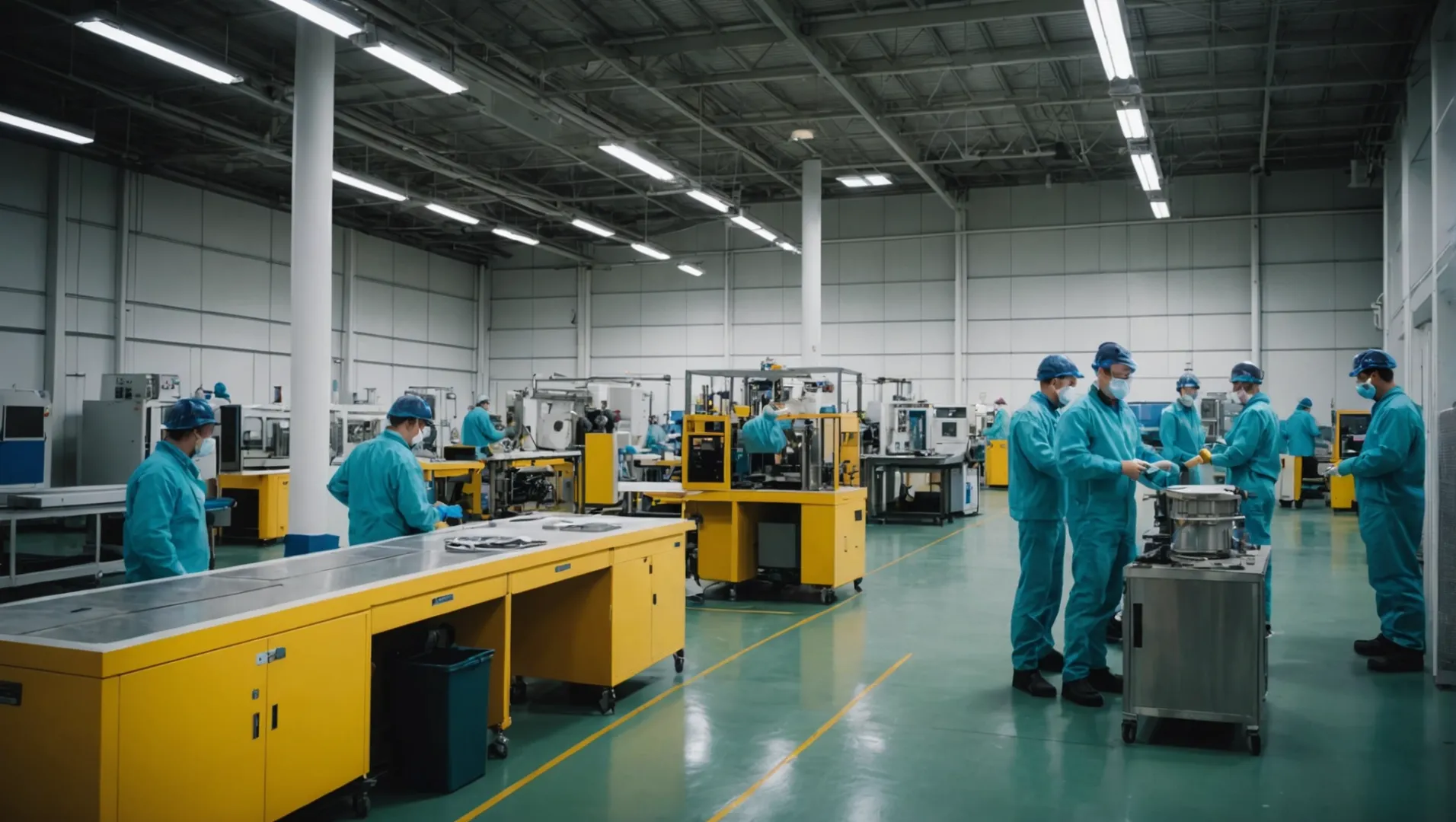
The Environmental Impact of Traditional Manufacturing
Traditional HEPA filter manufacturing involves processes that can lead to significant environmental harm. These include the consumption of non-renewable resources and the generation of waste during production. By shifting towards sustainable development, manufacturers can mitigate these impacts and contribute to a healthier planet.
Innovative Materials in HEPA Filters
One of the most exciting advancements in sustainable HEPA filter manufacturing is the use of recycled materials6. For instance, incorporating recycled coffee dust into HEPA media offers a viable alternative to activated carbon. This innovation not only reduces waste but also maintains the filter's ability to neutralize odors effectively.
Meeting Consumer Demand for Eco-Friendly Products
As awareness about environmental issues grows, consumers are increasingly seeking out eco-friendly products. By integrating sustainable practices, HEPA filter manufacturers can meet this demand, making their products more attractive to environmentally conscious customers. This shift not only opens new market opportunities but also enhances brand reputation.
Benefits of Energy-Efficient Manufacturing Processes
Energy efficiency is a cornerstone of sustainable manufacturing. Implementing energy-saving technologies in HEPA filter production can significantly reduce carbon footprints and operational costs. These practices ensure that the environmental benefits extend throughout the product lifecycle, from manufacturing to end-use.
The Role of Sustainable Development in Innovation
Sustainability isn't just about reducing harm—it's a catalyst for innovation. Sustainable development encourages the exploration of new materials and technologies, leading to better-performing, longer-lasting filters. This continuous improvement cycle is crucial for staying competitive in a rapidly evolving market.
Sustainable HEPA filters use recycled coffee dust.True
Recycled coffee dust is used as an alternative to activated carbon.
Traditional HEPA manufacturing reduces environmental harm.False
Traditional processes consume non-renewable resources and generate waste.
Conclusion
HEPA filters are essential for maintaining air quality and safety in critical environments. By grasping their importance and customization options, OEMs can enhance product reliability and compliance. Consider integrating advanced HEPA solutions for optimal performance.
-
Discover how HisoAir offers tailored HEPA filter solutions for compliance.: Tailored, High-Performance Solutions: We offer premium air purifiers customized to each client's needs, ensuring superior air quality and exceeding customer ... ↩
-
Learn about various design elements adaptable for specific applications.: Your custom HEPA filters are then designed using AutoCAD and SolidWorks to produce 3D fluid dynamic imaging. We then produce a prototype with a ... ↩
-
Discover materials that enhance performance and sustainability.: We can do this customized-sized HEPA filter for you. Custom range. Efficiency, From H10 to H14, U15. Frame material, Metal or particleboard. Filter material ... ↩
-
Understand the trade-offs between filtration efficiency and airflow resistance.: HEPA-like filters typically have lower efficiency levels, capturing particles as small as 2.5 microns, which may not be as effective in removing ... ↩
-
Explore how antimicrobial properties enhance filter efficiency and lifespan.: Antibacterial and Antiviral HEPA Filter. Model: F060. Filter Composition: antibacterial and antiviral HEPA + black card paper frame + T5 sealing strip. ↩
-
Learn how recycled materials enhance eco-friendliness and filter performance.: The briiv Air Filter is made completely from natural materials such as bioplastics and recyclable materials like cardboard and glass, with zero-plastic, natural ... ↩


